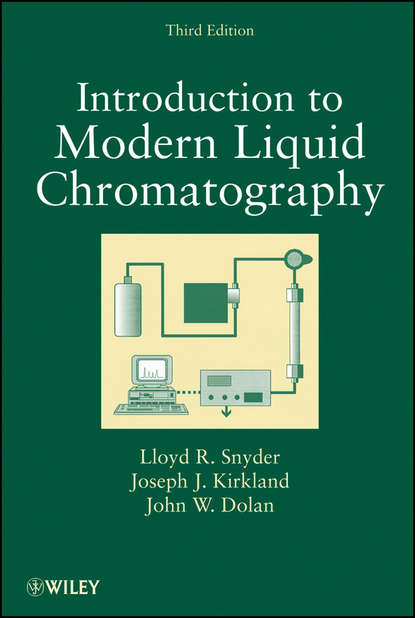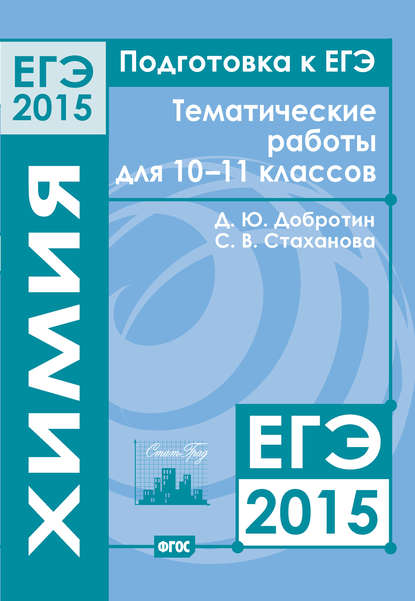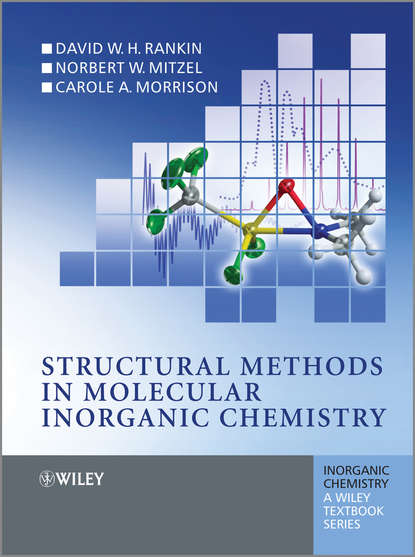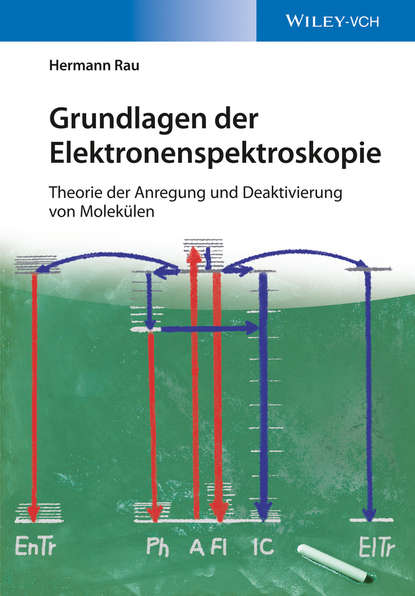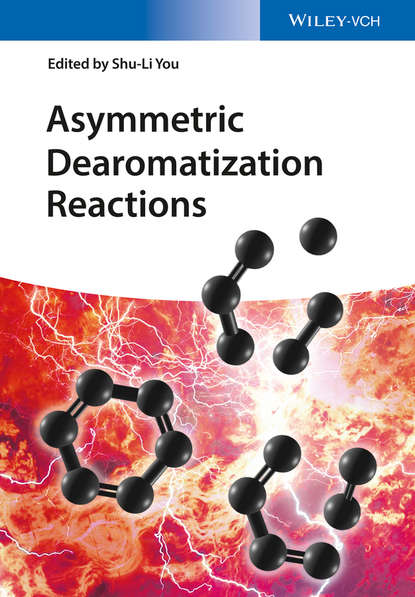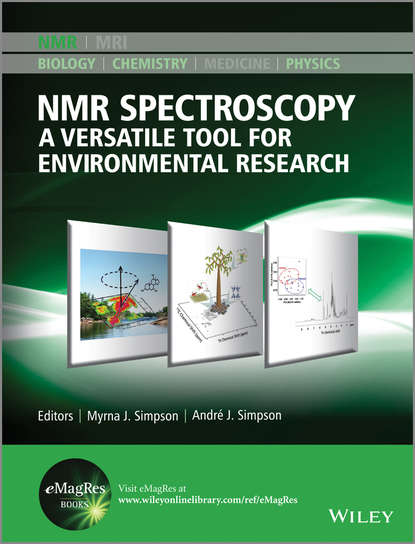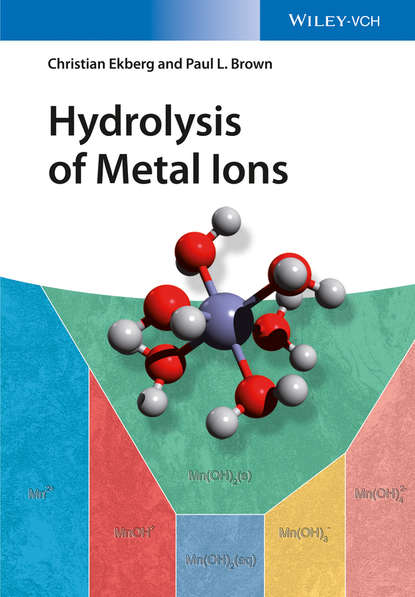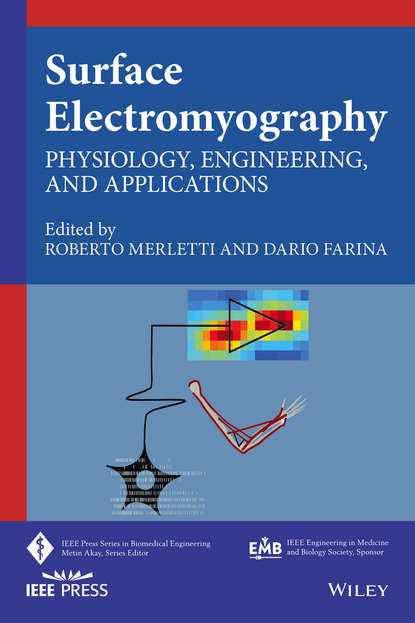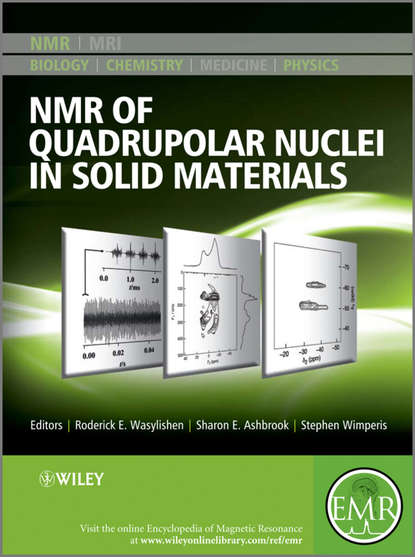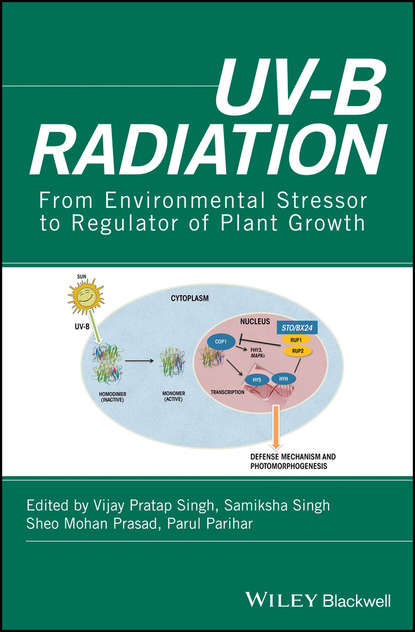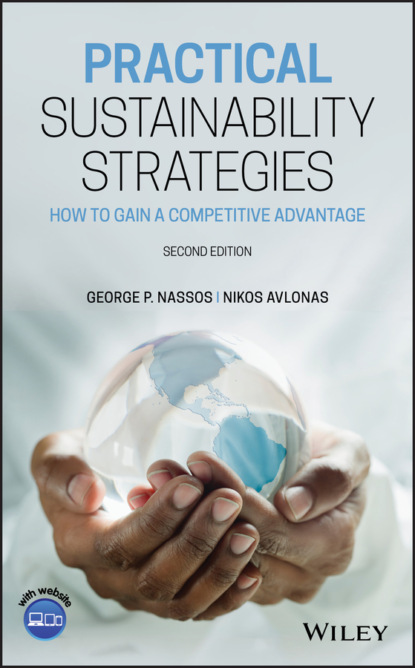"Introduction to Modern Liquid Chromatography" - это авторитетный справочник по высокопроизводительной жидкостной хроматографии (HPLC), которая является ведущей техникой для химического анализа и связанных приложений, позволяющей разделять, анализировать и/или очищать практически любой образец. Книга была написана Снайдером и Кирклендом и долгое время являлась основным справочником по HPLC. В этом издании, к которому присоединился соавтор Джон Долан, были учтены важные улучшения в колонках и оборудовании, а также значительные достижения в нашем понимании процесса разделения HPLC, способности решать проблемы, которые были затруднительны в прошлом, и применения HPLC для новых типов образцов.
Третье издание "Introduction to Modern Liquid Chromatography" сохраняет все преимущества предыдущих изданий, но значительно изменяет свою организацию в свете последних исследований и опыта. Книга начинается с введения в HPLC, его использование в отношении других современных методов разделения и его историю, а затем переходит к таким конкретным темам, как:
- Основы разделения HPLC и общие эффекты различных экспериментальных условий
- Оборудование и детекция
- Колонка - "сердце" системы HPLC
- Обратнофазовое разделение, нормальнофазовая хроматография, градиентная элюция, двумерное разделение и другие техники
- Компьютерное моделирование, качественный и количественный анализ, а также оценка метода и контроль качества
- Разделение больших молекул, включая как биологические, так и синтетические полимеры
- Хиральные разделения, подготовительные разделения и подготовка образцов
- Систематическое развитие HPLC-разделений - новинка этого издания
- Хитрости устранения неисправностей, техники и кейсы как по оборудованию, так и по хроматограммам
Книга разработана для удовлетворения потребностей всего спектра пользователей HPLC, от новичков до экспертов, и предлагает самый актуальный, подробный и доступный обзор методов и приложений HPLC, доступный на сегодняшний день.
The new edition of this popular reference book on HPLC (High Performance Liquid Chromatography), the world's leading separation technique, provides a thorough review of the underlying principles of the separation process. All the relevant improvements and breakthroughs in columns, instrumentation, and understanding are tackled. Methods are illustrated through specially written chapters on column selection and optimization, instrument operation, analysis of data and structures and preparation of samples, among others. Introduction to Modern LC covers the development of present separation methods, their application for novel samples and troubleshooting strategies. It is a useful reference book for those new to the field of HPLC as well as experienced practitioners requiring an updated knowledge base.
Электронная Книга «Introduction to Modern Liquid Chromatography» написана автором Joseph J. Kirkland в году.
Минимальный возраст читателя: 0
Язык: Английский
ISBN: 9780470508176
Описание книги от Joseph J. Kirkland
The latest edition of the authoritative reference to HPLC High-performance liquid chromatography (HPLC) is today the leading technique for chemical analysis and related applications, with an ability to separate, analyze, and/or purify virtually any sample. Snyder and Kirkland's Introduction to Modern Liquid Chromatography has long represented the premier reference to HPLC. This Third Edition, with John Dolan as added coauthor, addresses important improvements in columns and equipment, as well as major advances in our understanding of HPLC separation, our ability to solve problems that were troublesome in the past, and the application of HPLC for new kinds of samples. This carefully considered Third Edition maintains the strengths of the previous edition while significantly modifying its organization in light of recent research and experience. The text begins by introducing the reader to HPLC, its use in relation to other modern separation techniques, and its history, then leads into such specific topics as: The basis of HPLC separation and the general effects of different experimental conditions Equipment and detection The column—the «heart» of the HPLC system Reversed-phase separation, normal-phase chromatography, gradient elution, two-dimensional separation, and other techniques Computer simulation, qualitative and quantitative analysis, and method validation and quality control The separation of large molecules, including both biological and synthetic polymers Chiral separations, preparative separations, and sample preparation Systematic development of HPLC separations—new to this edition Troubleshooting tricks, techniques, and case studies for both equipment and chromatograms Designed to fulfill the needs of the full range of HPLC users, from novices to experts, Introduction to Modern Liquid Chromatography, Third Edition offers the most up-to-date, comprehensive, and accessible survey of HPLC methods and applications available.
